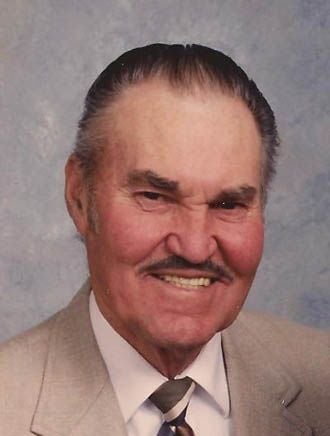

The government doesn’t want you using cryptography, because they want to know where your money is so they can get some of it. The way to hide digital information is through cryptography. Say what? To understand this quaint accusatorial juxtaposition, one only has to grasp a few simple facts: Money is digital information. And if you try to hide your transactions, you are by definition a money launderer and perhaps a child pornographer. After all, you might be a terrorist, drug dealer, or spy. These elements all want to know where your money comes from, and when and how you spend it.

Moreover, they will demand the latter, because the current monetary system is being turned into the principal instrument of surveillance and control by tyrannical elements in Western governments. (By “money” I mean the medium of exchange, the institutional mechanisms for making transactions, whether by cash, check, debit card or other electronic transfer.) Given the choice between intersecting with a monetary system that leaves a detailed electronic trail of all one’s financial activities, and a parallel system that ensures anonymity and privacy, people will opt for the latter. By implication cryptology also represents the future of money, and the future of banking and finance. Īt any rate, the spook spoke the truth: cryptology represents the future of privacy, and more. I additionally believed that one of our best defenses against the national security state was the perennial proclivity of clandestine organizations to piss off their own employees. After all, if an ex-CIA employee like Kerry Thornley could become a staunch libertarian, the creator of Zenarchy and implied co-author of the Erisian holy book Principia Discordia, then there was hope for all of us. But I had learned years ago not to demonize people on the basis of an accidental profession. Since he worked for the National Security Agency (NSA), the thought did occur to me that many would have taken the position that he and his colleagues were Big Brother. “It’s what’s going to protect us from Big Brother.” “Cryptology is the future,” he responded emphatically. Late one night while sharing a pharmacological product with a spook I met in the northeastern part of the United States, I mentioned I was studying cryptology. In particular, Electronic Cash the Way It Ought To Be will sound somewhat familiar to those already familiar with Bitcoin. The entire essay is worth study by anyone interested in Bitcoin, encryption, privacy and other associated topics. In May of that year, he published the second part of a two-part essay, “ The End of Ordinary Money” on the Internet. The first part of this essay had been written in 1987. In July 1995, the article was printed in Liberty magazine. With the publication of a second article, “ Digital Cash and the Future of Money“, Orlin Grabbe had established a path towards Digital Finance. Indeed, were he alive today, J Orlin Grabbe probably would have been the first Bitcoin billionaire. Orlin Grabbe, or just JOG, was an economist and prolific writer with contributions in the theory and practice of finance. Yes, it was 1987 when JOG first put pen to paper and described “The End of Ordinary Money.” In that two part essay he foreshadowed the coming of what we know today at Bitcoin. James Orlin Grabbe more commonly referred to as J.


 0 kommentar(er)
0 kommentar(er)
